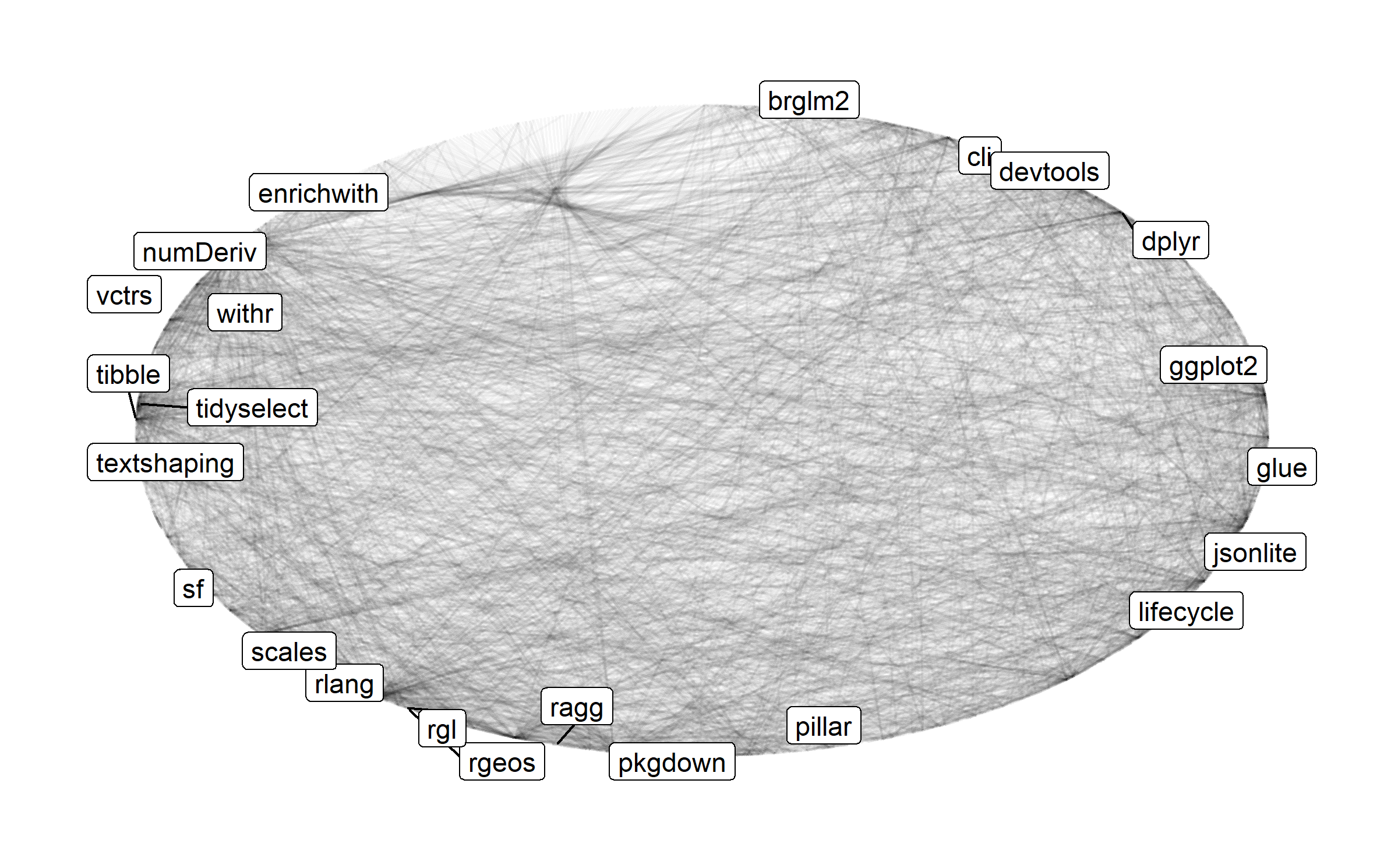| 09:00 - 09:30 | Introduction and outline |
| 09:30 - 10:30 | R Package Syntax |
| 10:30 - 10:45 | Tea Break |
| 10:45 - 11:45 | Software Engineering Workflow |
| 11:45 - 12:45 | Lunch Break |
| 12:45 - 13:45 | Package Quality |
| 13:45 - 14:45 | Collaboration via GitHub |
| 14:45 - 15:00 | Tea Break |
| 15:00 - 15:45 | Publication of R Packages |
| 15:45 - 16:30 | Shiny Development |
| 16:30 - 17:00 | Summary and Discussion |
1 Introduction
BBS Course: Good Software Engineering Practice for R Packages
Daniel, Liming, Shuang, Joe
March 24, 2023
Disclaimer
Any opinions expressed in this presentation and on the following slides are solely those of the presenter and not necessarily those of Roche.
Daniel

- Statistician (Ph.D. in 2013 on Bayesian Model Selection)
- Biostatistician at Roche for 5 years, Data Scientist at Google for 2 years, Statistical Software Engineer at Roche for the last 3 years
- Multiple R packages on CRAN and Bioconductor, co-wrote book on Likelihood and Bayesian Inference, chair of the ASA BIOP working group on Software Engineering (SWE WG)
- feel free to connect at LinkedIn or Github
Liming
- Master in Biostatistics from Fudan University
- Statistical Programmer in Roche for 4 years, technical engineering lead for chevron team in NEST project
- Member of ASA BIOP working group on Software Engineering (SWE WG) mmrm taskforce
- Feel free to connect at Github

Joe
Shuang

- Master in Pharmacology from Fudan University
- 5-year experience in clinical data management, curation and related R tools development
- Technical Lead of several data FARIification R packages, co-auther of the Restrict Data Check Shiny App and the Raw Data Compare R Package
- Feel free to connect at Github
What you will learn today
- Understand the basic structure of an R package
- Create your own R
- Learn about & apply professional development workflow
- Learn & apply fundamentals of quality control for R
- Get crash-course in version control to stay organized
- Try out modern collaboration techniques on GitHub.com
- Learn how to make an R available to others
- Get a starting point for sustainable Shiny app development
Program outline
House-keeping
- Course website at openpharma.github.io/workshop-r-swe
- all slides
- sources available at github.com/openpharma/workshop-r-swe
- all materials CC-BY 4.0
- We have a WeChat channel for this course that you can connect to
- use to ask your peers questions
- will try to monitor during course
Enter WeChat
What you will need
- Github.com (free) account
- Recommended: posit.cloud
- Free tier sufficient
- Comes with everything installed
- Alternative: local R development environment with
- git
- Rtools/R/Rstudio IDE
- Curiosity 🦝
- Positive attitude 😄
Enter menti.com: 4458 3431

What do we mean by GSWEP4R*?
- Applying concept of GxP to SWE with R
- Improve quality of R code/packages, particularly in regulated enviroments but not limited to!
- Not a fixed term, we share our perspectives
- Collection of best practices
- Do not reinvent the wheel: learn from IT/open source space
Why care about GSWEP4R?
- Move to / integration of R in pharma is clear trend
- R is a powerful yet complex ecosystem
- Core component: R packages
- Mature analysts: users & contributors
- Deep understanding crucial, even to just assess quality
- Analyses increasingly require complex scripts/programs
\(\leadsto\) line between programming and data analysis blurs - Value: de-risking use of R and efficiency gains
Start small - from script to package
- Encapsulate behavior (functions)
- Avoid global state/variables
- Adopt consistent coding style
- Document well
- Add test cases
- Version your code
- Share as ‘bundle’
\(\leadsto\) R package
The R package ecosystem - huge success

GxP + R =
- Core infrastructure packages only through industry
- Quality, burden sharing: open-source pharmaverse and others
- Open methodological packages can de-risk innovative methods
- R packages make (statistical/methodological) code
- testable (with documented evidence thereof, CRF 11)
- reusable
- shareable
- easier to document
Question, Comments?
License information
- Creators (initial authors): Daniel Sabanes Bove , Friedrich Pahlke , Kevin Kunzmann
- In the current version, changes were done by (later authors): Liming Li , Joe Zhu , Shuang Li
- This work is licensed under the Creative Commons Attribution-ShareAlike 4.0 International License.
- The source files are hosted at github.com/openpharma/workshop-r-swe, which is forked from the original version at github.com/kkmann/workshop-r-swe.
- Important: To use this work you must provide the name of the creators (initial authors), a link to the material, a link to the license, and indicate if changes were made
